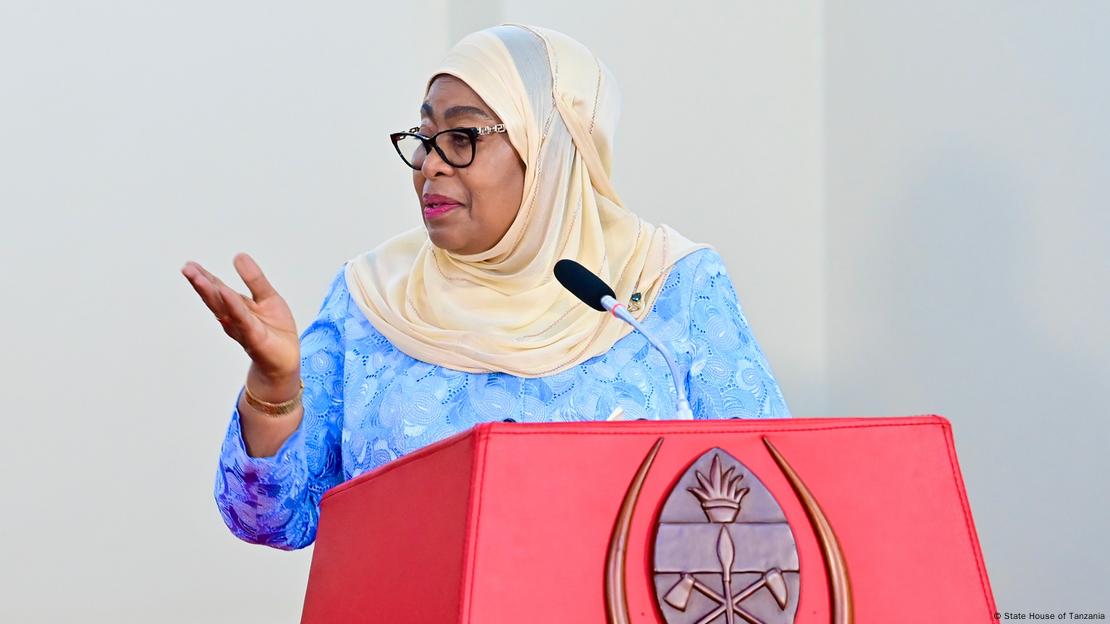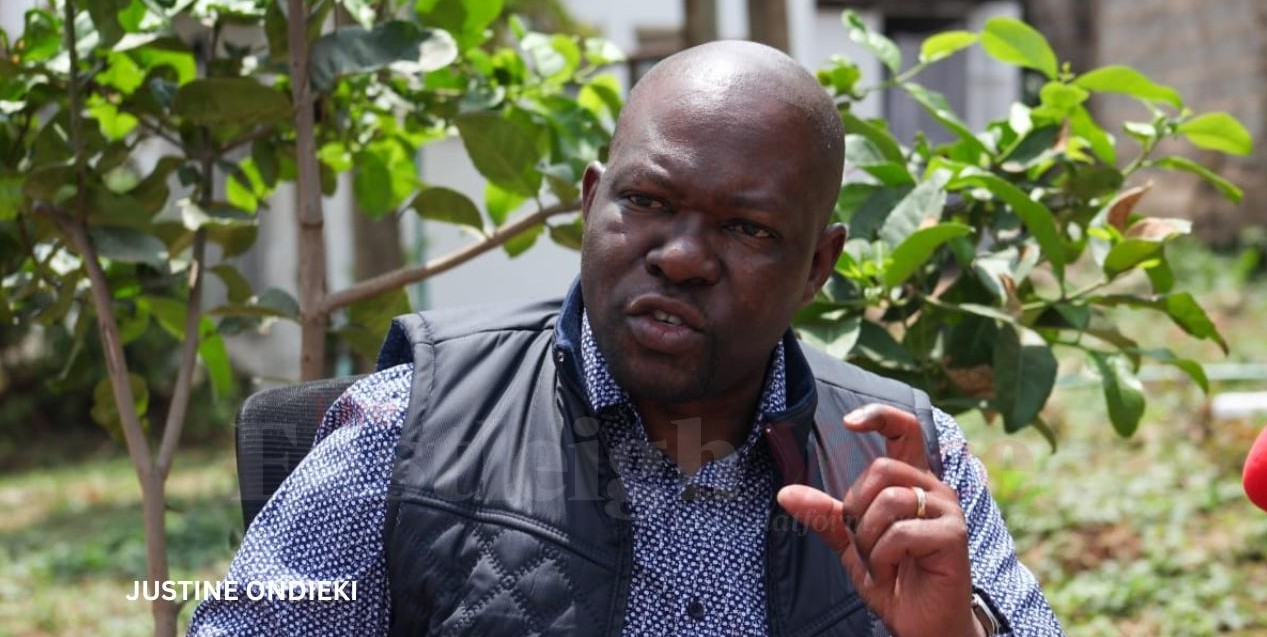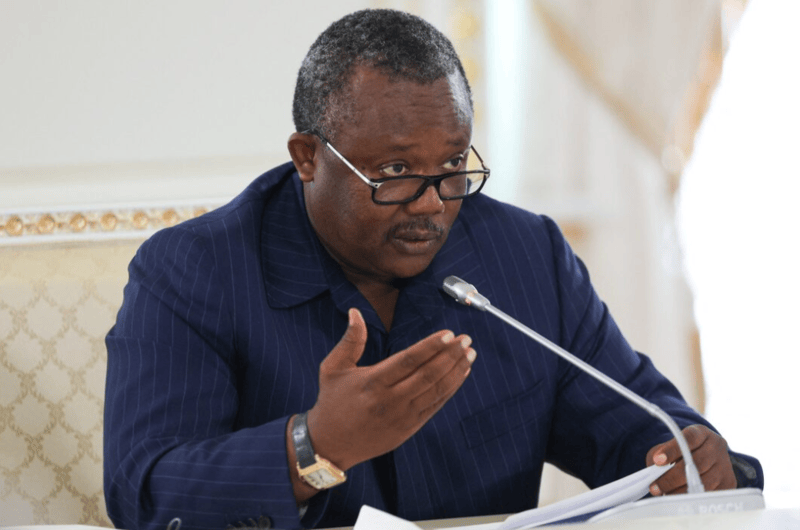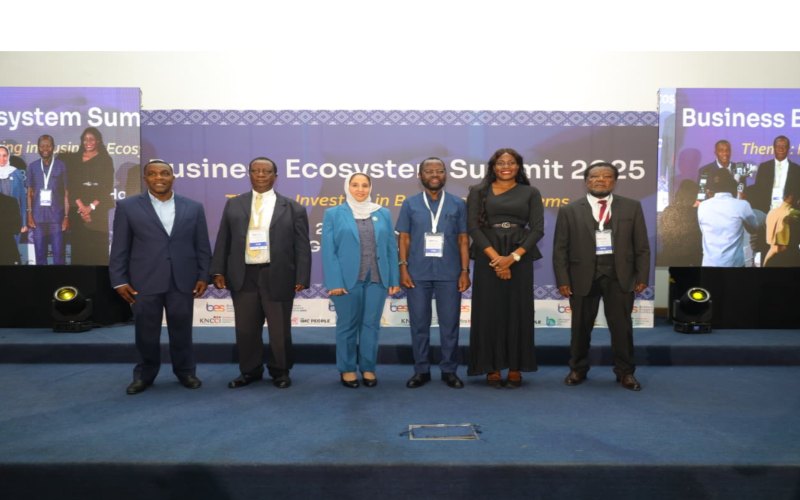UNICEF sounds alarm as 15 million children in Sudan in dire need of assistance

Sudan is now facing the world’s largest humanitarian crisis, with half of its 30 million people in urgent need of assistance.
The humanitarian crisis in Sudan has reached catastrophic levels as the conflict continues to ravage the country, leaving more than 15 million children in desperate need of assistance.
This marks a stark rise from 7.8 million children at the start of 2023, highlighting the rapid escalation of the crisis.
More To Read
- IGAD rallies region to tackle deepening displacement crisis amid funding cuts, conflict
- Why UN’s gradual move back to Khartoum, Sudan is ‘an important step’
- Sudan military leader Burhan rejects US-led ceasefire plan, accuses Quad of favouring RSF
- UAE, US top diplomats discuss Sudan ceasefire efforts
- Trump to focus on ending Sudan civil war
- IGAD leads new push for Peace in Sudan as regional and global partners back three-step plan
The ongoing violence, hunger, and disease, compounded by obstacles to humanitarian access and a severe shortage of funding, have put the lives of children in immediate danger.
With the rainy season approaching, which often worsens flooding, malnutrition, and the spread of disease, the situation is expected to deteriorate further.
"Two years of violence and displacement have shattered the lives of millions of children across Sudan. Needs continue to outpace humanitarian funding," said UNICEF Executive Director Catherine Russell in a statement on Tuesday.
“With the rainy season around the corner, children who are already reeling from malnutrition and disease will be harder to reach. I urge the international community to seize this pivotal window for action and step up for Sudan’s children.”
Sudan is now facing the world’s largest humanitarian crisis, with half of its 30 million people in urgent need of assistance.
Of these, children make up the largest group. Nearly 15 million have been displaced, and more than half of these are children, with a disturbing number under five years old.
The ongoing conflict has made it difficult for displaced families to return, and many areas are littered with unexploded ordnance, which heightens the risk for children.
In addition, famine is spreading, and vaccination rates are plummeting, leaving almost 90% of children out of school.
The impact of the violence on children is particularly stark, with verified grave violations increasing by 1,000% in just two years.
What was once limited to regions such as Darfur, Blue Nile, and South Kordofan has now spread across more than half of Sudan’s 18 states. Children are suffering from killings, maimings, abductions, and attacks on schools and hospitals.
Darfur, Khartoum, Aljazeera, and South Kordofan have reported the highest numbers of these violations.
The looming rainy season adds another layer of hardship. Famine has already taken hold in at least five areas, with many others at risk.
As flooding worsens, the threat of severe acute malnutrition (SAM) becomes even more pressing. If trends from previous years continue, up to 462,000 children could be affected by SAM between May and October 2025 alone.
Disease outbreaks, particularly cholera and dengue fever, have also surged, disproportionately affecting mothers and children.
In addition to the extreme conditions, the ability of humanitarian organisations to provide life-saving aid is increasingly hampered by conflict and bureaucratic restrictions.
Over 60% of UNICEF's aid deliveries in 2024 were delayed, making it even harder to reach the children in greatest need.
The lack of access, combined with critically low funding, threatens to derail essential services like health care, nutrition, education, and protection for vulnerable children.
UNICEF is appealing for $1 billion ( Sh120.6 billion) to continue its efforts in Sudan, but so far, it has only secured $266.6 million (Sh35.5 billion), with a significant portion rolled over from 2024.
"Sudan is the biggest humanitarian crisis in the world today, but it is not getting the world’s attention," Russell said.
"We cannot abandon the children of Sudan. We have the expertise and the resolve to scale up our support, but we need access to and sustained funding. Most of all, children in Sudan need this horrific conflict to end,” she added.
Top Stories Today












































